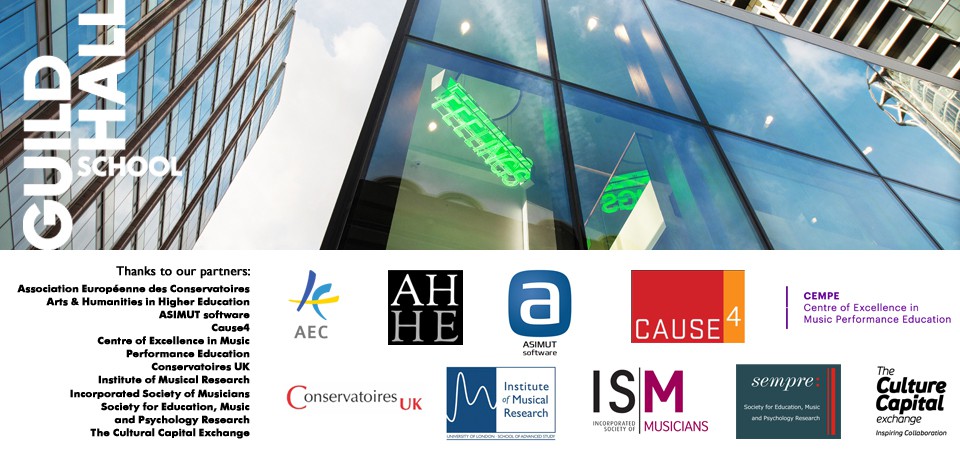Sally Taylor, Executive Director of The Culture Capital Exchange, muses on the future of digital technologies and the performing arts. Please add your comments in the “Leave a Reply” box below.
To what extent will the continuing expansion of digital technology affect the performing arts and the way music is listened to, appreciated, played, taught and bought? There has been a revolution in nearly all of the above in the past 5 years, are we in for more? Here are just a few developments in the pipe line.
At Battersea Arts Centre a project has been developed which means that plays at workshop stage can gain an interaction with their potential audience online in terms of suggestions for the play’s development. How would composers feel about this I wonder? The same kind of interaction is behind Ijad Dance’s attempts to choreograph particular moments in a dance piece in response to tweets from the audience, both initiatives attempting to create a direct link between the performer and the audience. Again, one for jazz musicians to ponder. Or another idea, recently trialled, where cameras are set up to capture the reactions of an audience to a performance with software programmed to gauge the audience reaction, anywhere between anger and pleasure, as the performance evolves. These are early days but to what extent should supposed audience reaction captured in this way influence the development of work?
A more immediate type of interaction took place recently when the great jazz pianist Chick Corea in a memorable concert I attended at the Barbican took audience participation up a gear when he asked whether there was anybody in his audience who would like to come up on stage and jam with him. Luckily for him there were several takers, including the wonderful jazz pianist Nikki Yeoh, who could not believe it ! The audience loved it – thus proving the enduring power of live – more of that please.
We are all increasingly aware of the ‘event’ nature of performance, companies like ‘punchdrunk’or ‘dream, think, speak’, and their aims to produce ‘immersive’ theatre – but have they over extended themselves? Are the public, initially entranced by being part of the performance, growing rather tired of paying for the privilege for some shows that are more ‘site specific’ than ‘immersive’ for example, and are conservatoires feeling that this was not the reason actors were encouraged to train in the first place? However I would suggest that the time when audience reaction and interaction was rather low down the priorities of performers is long gone. There is a musical equivalent of immersive theatre, but it takes other forms – The Rest is Noise – the award winning year-long festival of 20th century music at the South Bank Centre, where the immersion was about context, or the Barenboim series again at SBC, where immersion means all of Beethoven’s sonatas. Immersion in terms of appropriate places for performing can also be extraordinary. None of us who were there will ever forget ‘Grimes on the Beach’ at Aldeburgh as central to the Britten centenary celebrations last year, and I suspect none of the Guildhall students involved will never forget it either. So I suggest the context in which music is produced will continue to play a large role in attracting audiences, clearly hungry for information and education.
Perhaps we should look at other fields – localism and authenticity are much vaunted in fields such as food and craft, why not music ( and I don’t mean music on authentic instruments, music was ahead of the game on this one)? There is a theatre in West Acre, a beautiful but not fashionable spot in Norfolk, run by its local community, which has grown from small beginnings in a tent in a field to a Lottery funded building . It produces a mix of Pro Am shows year round and supports its local young people to go to drama college with its profits. They in turn return each year to play in the Summer shows. The rooting of the theatre in its locality is key to its success and the other events it promotes include local craft and food fairs and a book club as well as latterly streaming of opera and theatre, using local caterers to provide dinner to enhance the evening during long intervals. It’s going from strength to strength.
Music societies have always been the mainstay in this country of local music promotion, providing much sought after platforms for young performers especially, is the time right for them to collaborate in greater depth with their own communities in a more expansive way?
…………………………………………………………………………………………………………………
TCCE is a company promoting the exchange of Universities knowledge and expertise with the capital’s cultural and creative sectors. The members are: University of the Arts London, City University London, Guildhall School of Music & Drama, King’s College London, Kingston University London, Middlesex University London, Queen Mary University of London, Royal Central School of Speech and Drama, Royal Holloway University of London, Trinity Laban Conservatoire of Music and Dance, and University of West London.
Sally is also a Trustee of the London Sinfonietta and Streetwise Opera.
